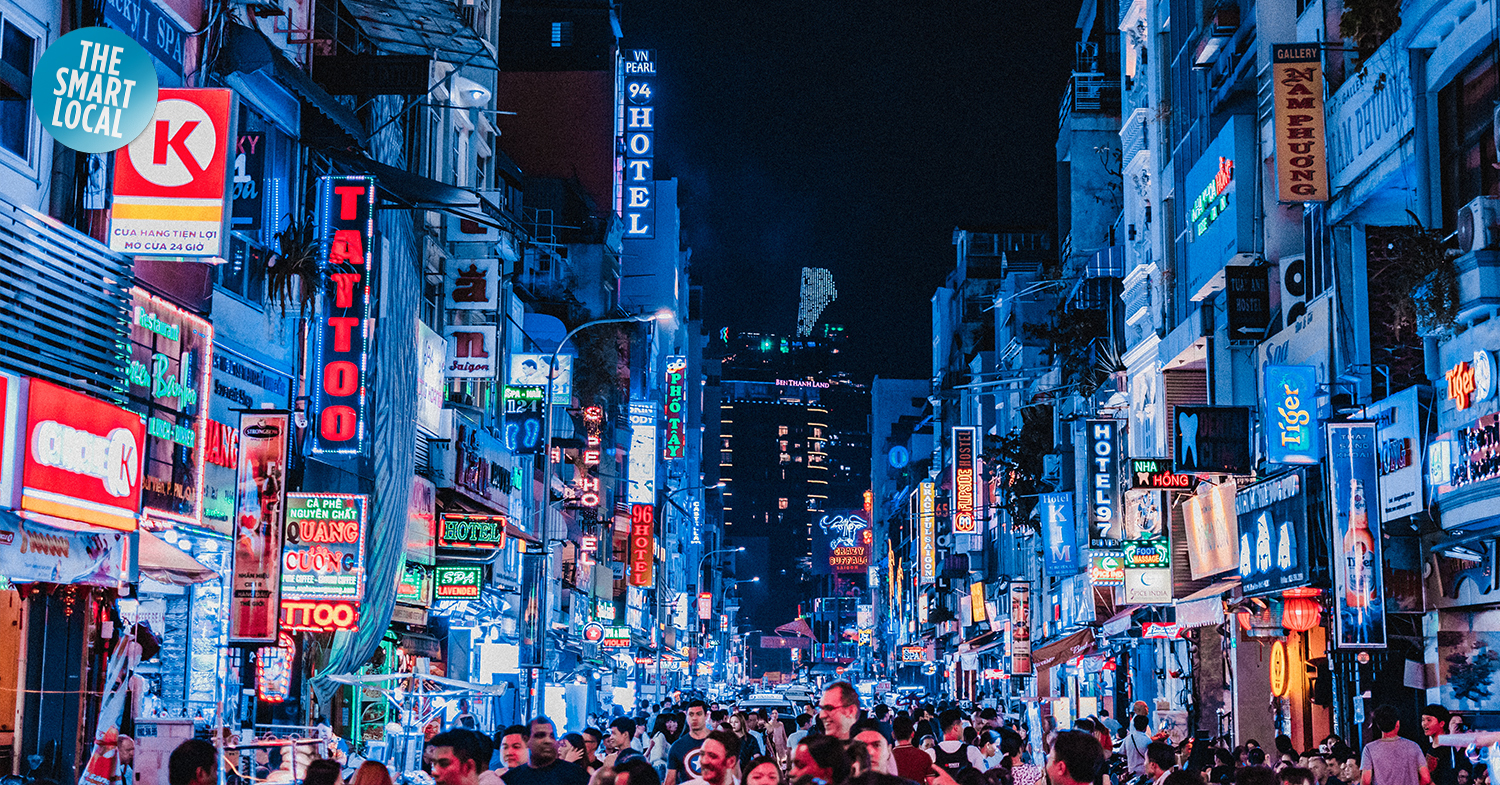Why we should readjust our goals and think about a gradual transition
As of 27th August, the number of Covid-19-related deaths in Vietnam has surpassed the 10,000 mark. This is a milestone that nobody could have seen coming, when only 4 months ago many of us looked at Covid-19-stricken countries in shocking disbelief and Vietnam was like a safe haven. Nonetheless, the Delta variant has turned the tables and we’re now trapped in the same nightmare.
Four months into stringent restrictions, and our case counts are still climbing. Meanwhile, the economy has taken a drastic downturn. Everyone, especially business owners, knows that this kind of situation can’t continue forever. We don’t know when all infections will be removed from the community, but many of us do know when our savings will run out.
Therefore, Ho Chi Minh City Party Secretary Nguyễn Văn Nên’s announcement that the city will gradually ease restrictions at the 5th September Covid-19 briefing came as long-anticipated relief for many.
Is the goal of complete elimination of Covid-19 still practical?

Image credit: Peter Nguyen
At this point, we can all agree that tracing Covid-19 contacts is much more difficult than before, when the super-spreading Delta variant had not made its way into our lives yet.
Even city leaders, who work closely with the nation’s leading medical experts and contact tracers, admit that they have met their match in the Delta variant.
“We can’t remove all Covid-19 infections from our community,” said Mr Nguyễn Văn Nên during a briefing, Tuổi Trẻ reported.
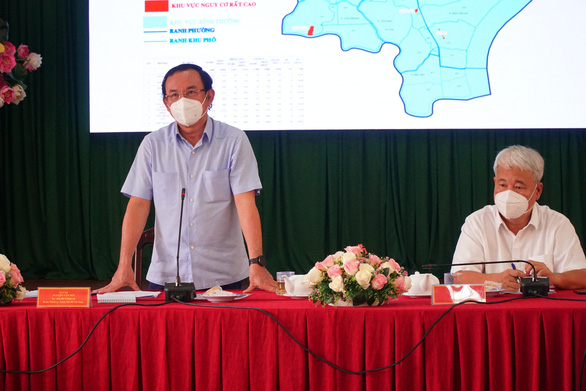
Image credit: Tuổi Trẻ
This statement is supported by the bleak daily reports on Covid-19 cases and deaths that we’re seeing in Ho Chi Minh City.
During its citywide freeze, the period when movement restrictions are placed on the highest level, its community cases are still climbing.
On 17th August, the number of community cases in Saigon made up 72% of the total Covid-19 cases of the day, Người Lao Động reported.
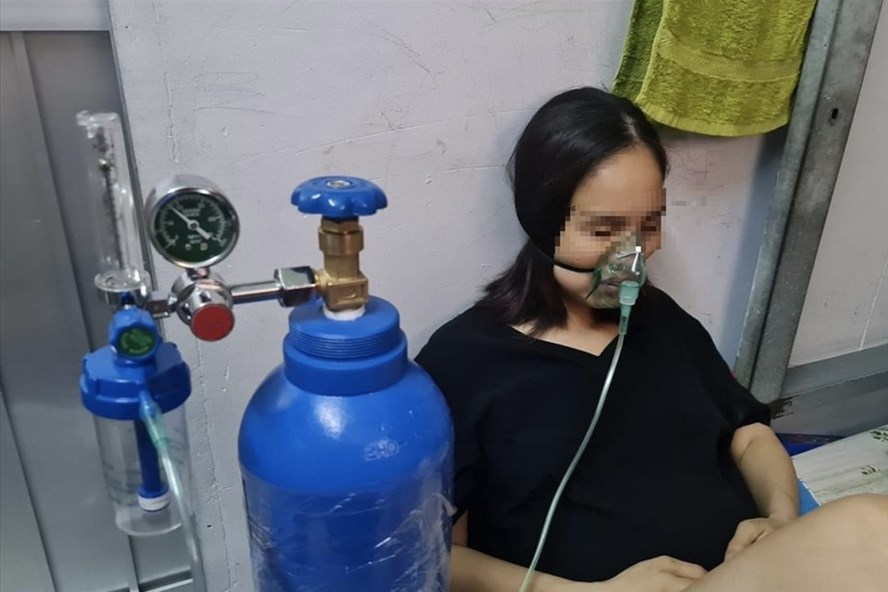
A homebound Covid-19 patient waiting to be hospitalized
Image credit: Lao Động
“There are two reasons for this phenomenon. The first has to do with the timely hospitalization and treatment of the infected, while the second originates from insufficient testing,” Dr Đỗ Văn Dũng shared with Người Lao Động.
Most of our hospitals are now filled to the brim and overstrained.
Plus, a steady increase in community cases makes contact tracing forever an uphill battle, and this vicious cycle might never disappear.
With each passing day, the zero Covid-19 goal feels less and less achievable.
Quarantine 24/7 with financial struggles, or reopen with the fear of death?
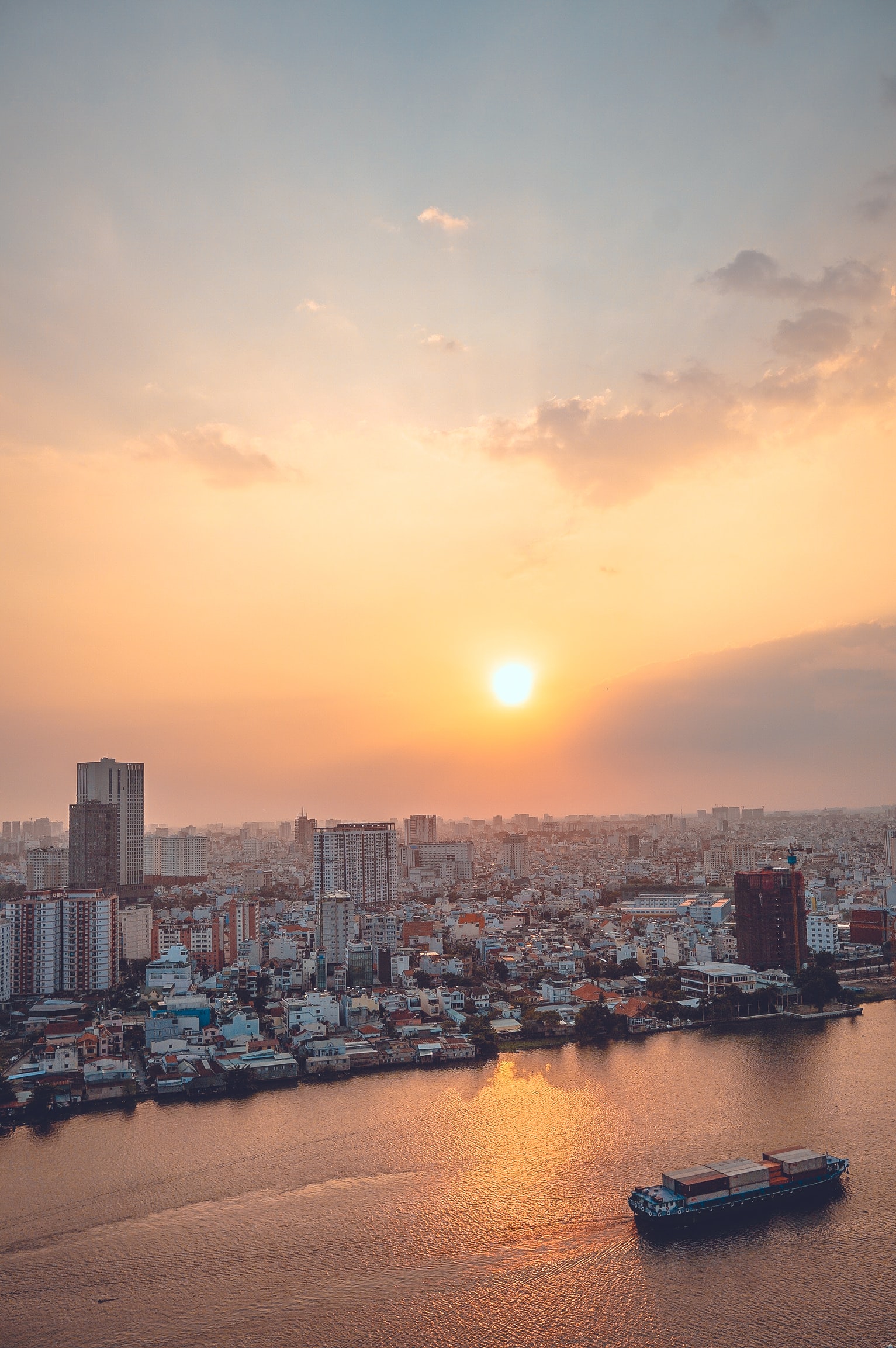
Image credit: Tony Pham
Closing down borders and shutting down businesses is catastrophic for the economy, but there is no better alternative.
During the first three outbreaks, most businesses were also required to close for a few months. However, the fourth outbreak introduced a completely different scenario, in which nobody knows for now when they can resume operations.
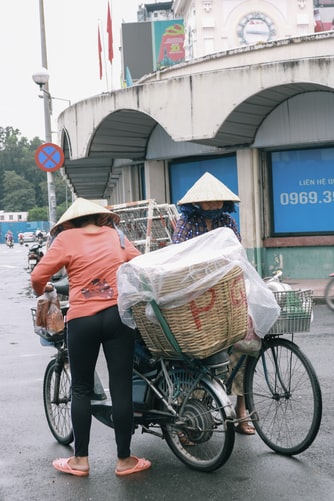
Image credit: Thu Nguyen
Those who are on payrolls might experience a little discomfort with working from home and are hanging in there. But for freelancers without any support or many business owners who are responsible for thousands of employees’ bowls of rice, rent, and taxes, restrictions may be their checkmate.
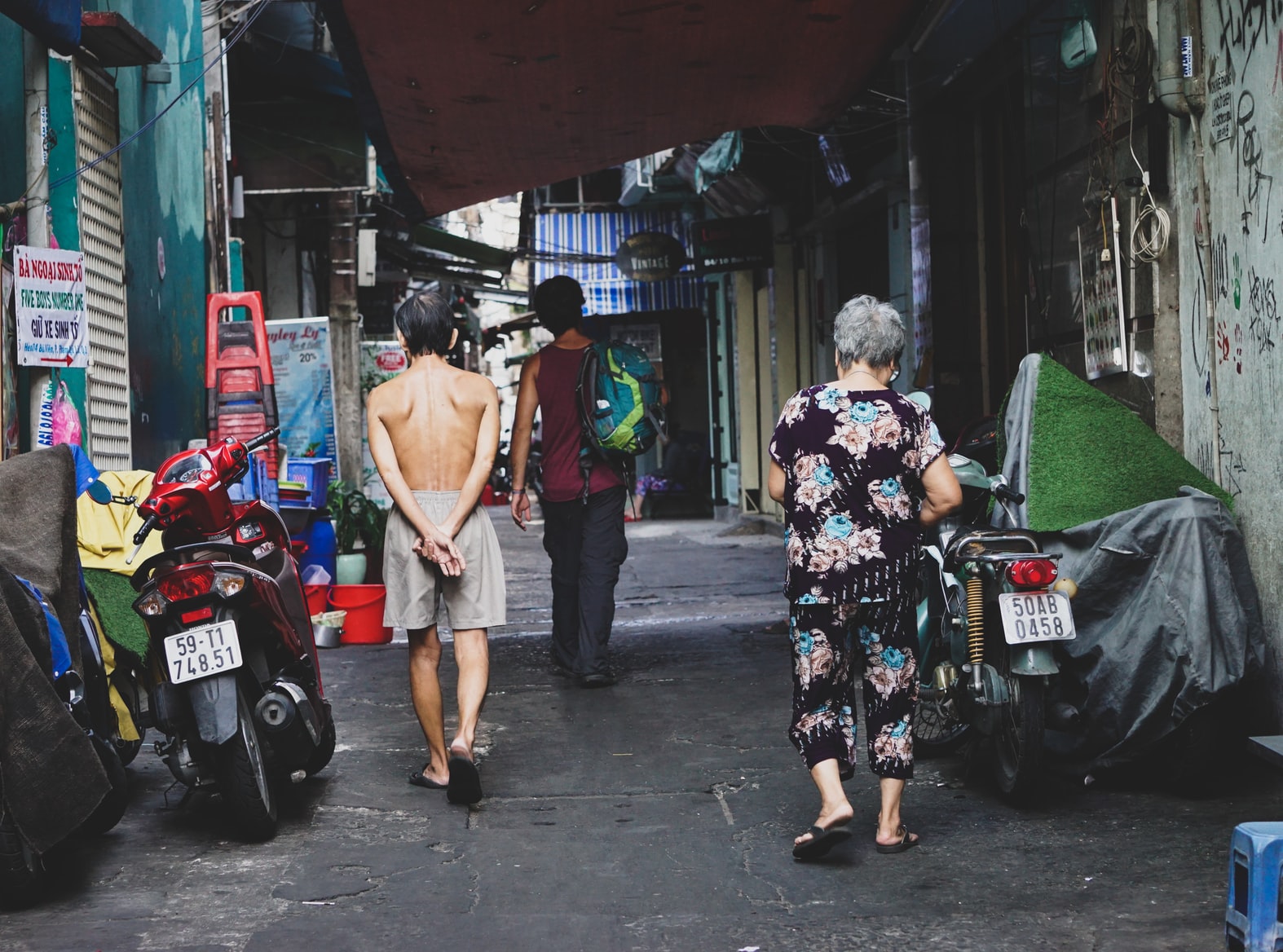
Image credit: George Flowers
At this point, it all boils down to the question of whether we opt for the risk of Covid-19 deaths, or dire financial straits.
Never before have we seen so many heated debates on the Internet about whether we should extend restrictions until all risks of infection are completely removed or reopen to keep our economy running again.
If we extend restrictions, as many have argued, a large population can still be kept safe from the virus and there’s nothing more important than being alive.
That’s totally true. On the other hand, there are many out there who might beg to differ.
After all, not everybody living in the Covid-19 era has a job, stable income, or savings that are enough to tide over until God knows when.
Both opinions hold water. However, choosing restrictions over opening the economy in the long run still results in death, one way or another. For this reason, a gradual, cautious transition that balances both is still the way to go.
Vaccines and self-regulation skills are what it takes to live with Covid-19
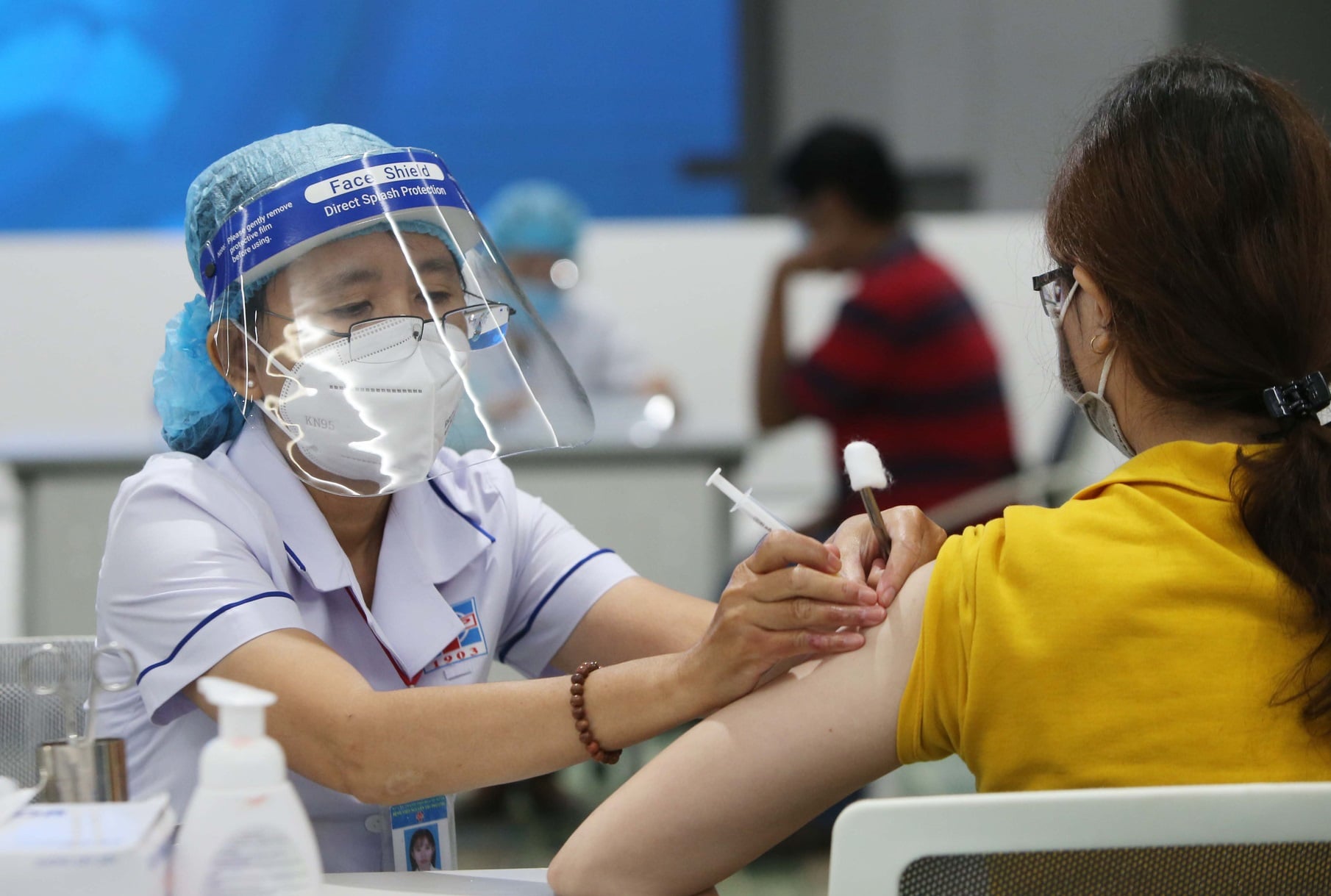
Image credit: Báo Chính Phủ
“We are finding a way to revitalize our economy in the new normal and we’ll start with District 7. We can’t extend restrictions forever, nor can we remove all infections from the community. Instead, we will reopen gradually and live with the pandemic,” said Ho Chi Minh City Secretariat Nguyễn Văn Nên, in his 5th September briefing.
Living with Covid-19 unequipped is like asking for death. Therefore, there are preconditions for living with the virus. According to the city leader, self-regulation skills and vaccines are what we need in order to let go and live with Covid-19.
So how will vaccines be prioritized in the new normal?
“For example, who can go to the park to exercise in the future? If you’re fully vaccinated with two doses, you can go to a big park and exercise. If you’re vaccinated with one dose only, you can go to a small park which is emptier. If you’re not vaccinated, you should stay at home,” Mr Nguyễn explained the city’s approach to adopting a discreet, staged reopening.
For the record, vaccines are not passports to complete immunity from Covid-19. A fully inoculated person can still get infected, but their conditions will be much less threatening than those who haven’t gotten their jabs.
Therefore, daily habits and awareness of the virus still play critical roles in protecting a person from getting infected. In a nutshell, fully vaccinated people can return to normal life but with conditions, such as visiting public venues less and masking up at all times. The danger of getting infected will always be there, unless all of us get fully vaccinated and that remains a distant prospect.
“If people keep flocking to the streets regardless of the consequences, we won’t be able to control the situation,” Mr Nguyễn said.
Thankfully, Vietnam’s not the only country in the world to pursue this approach and has a few examples to draw from its neighbors.
Gradual transition into a new normal is the way
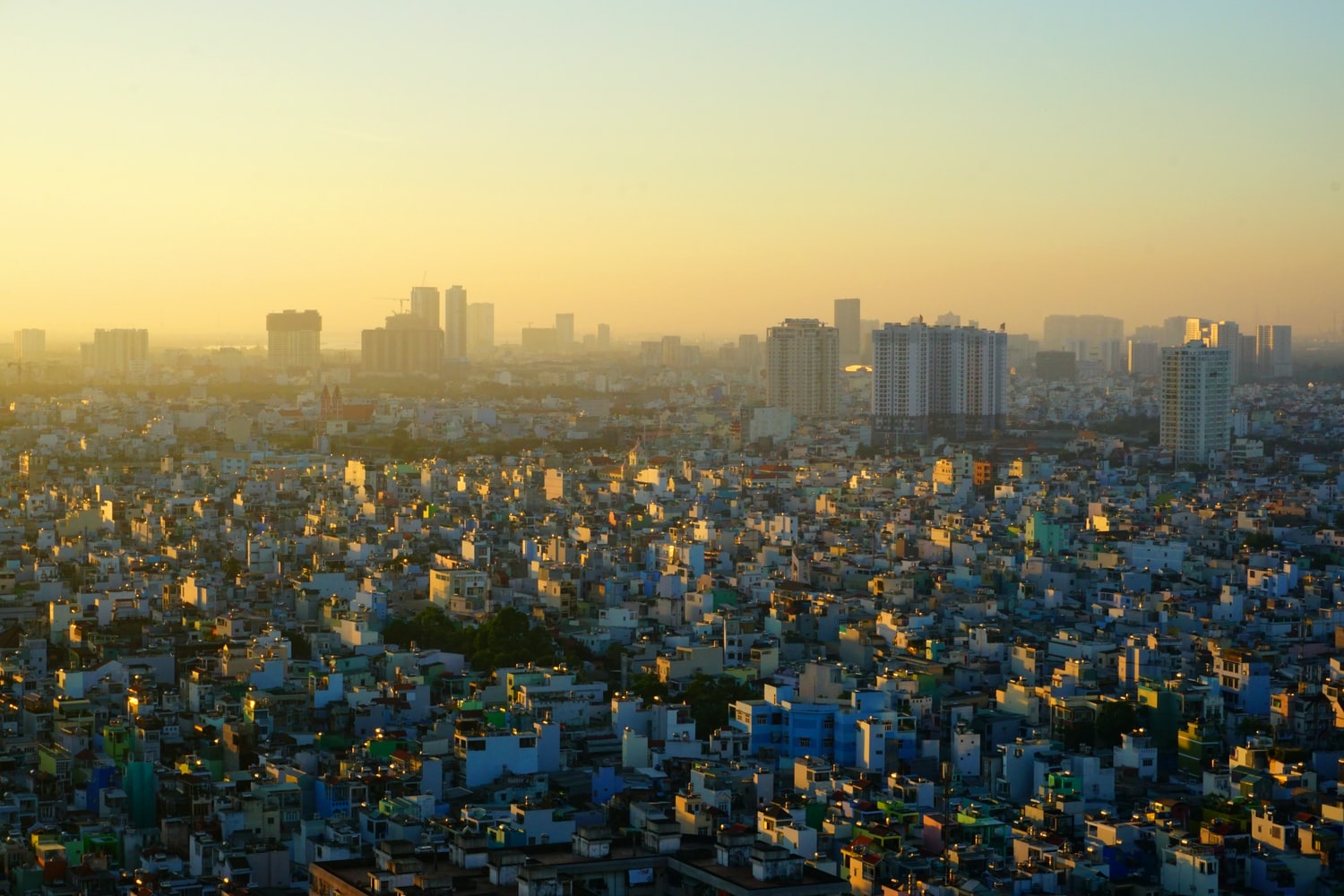
Image credit: Caitlin Barnes
The UK, Italy, and Germany are among the world’s first countries to let go of restrictions and live with Covid-19. Health restrictions such as lockdowns or outdoor mask mandates have been largely removed. In Germany, vaccinated people can even travel.
Nonetheless, let’s not forget that these countries have higher vaccination rates than ours, and their medical resources are also more advanced and abundant. For the time being, around 80% of people 18 and above in Vietnam have been vaccinated with their first doses. It will require more time to get more people fully vaccinated.
We cannot afford to reopen as quickly and decisively as these countries lest we can’t deal with undesirable consequences, so we should experiment with a gradual transition.
The first district to implement the Covid-19 exit strategy will be District 7, home to around 400,000 people. According to city leaders, this is partly because District 7’s demographic density is lower compared to that of Bình Tân District, District 12, and Bình Chánh District.
Besides, District 7 is the city’s first territory where the Covid-19 situation is reportedly under control. These factors in combination make District 7 well-placed to start easing restrictions and reopening some businesses, starting from 20th September.
Let’s not draw unreasonable comparisons between cities and countries
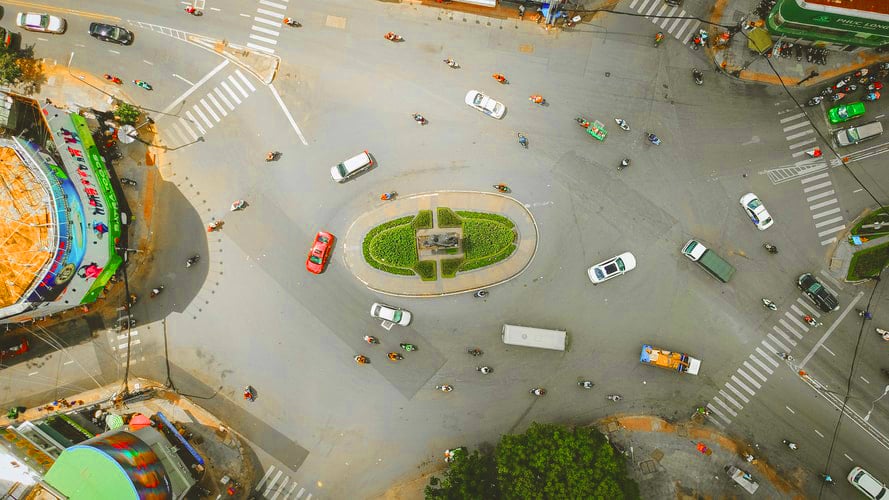
Image credit: Tony Pham
What’s stood out on numerous forums these days are the comparisons many netizens tend to draw among Hanoi, Danang, and Ho Chi Minh City’s ways of dealing with Covid-19.
First of all, let’s not draw comparisons or point fingers when we don’t even live in the places that we’re commenting on. Geography and demographics vary between cities. Therefore, judging Ho Chi Minh City’s efficacy, or Hanoi’s response, in battling Covid-19 based solely on some statistics and some articles that we see on the Internet can be hasty and insensitive.
For example, when it comes to whether or not restrictions should be extended, the answers are different for each province.
For those who live in Hanoi or Danang, where the cases are still below 100 per day and the strategy of tracing and removing infections is still viable, the extension of restrictions might not be too bad an idea. Restrictions allow police officers to nip the transmission in the bud and help residents return to large-scale normalcy sooner.
However, for Ho Chi Minh City, where thousands of cases are reported daily, removing every risk of infection is like finding a needle in a haystack. The situations in these cities are fundamentally different.
Therefore, let’s keep calm, hold our fire, and let the people in charge focus on doing their jobs.
Transitioning into a new normal is a milestone that we’ll never forget
After three months of anxiety and waiting, Ho Chi Minh City’s leaders finally came up with the monumental decision of charting a path to living with Covid-19. There are people who endorse this approach of gradual reopening, and those who remain cynical, fearing that this exit strategy might turn out premature.
Extended restrictions mean no travel, no parties, no celebrations of any sort – those are the things we can do without. Nonetheless, prolonged restrictions also result in a slow death to our economy and zero income for many families – that can destroy us. We can’t have the best of both worlds here.
Let’s treat the gradual transition as a retractable roof – which we can still retract and find an alternative for if it doesn’t work out.
For the time being, let’s muster up our confidence and remain indoors while waiting to see what happens next.
Also check out:
- Ho Chi Minh City announces plans to reopen in September
- Covid-19 has touched every part of Vietnam except this place
- Basilica of Our Lady of La Vang: where the Virgin Mary appeared
- Hoài Khao Ancient Village: a picturesque town stuck in time
- 11 things that I’ll do when Saigon reopens
Cover image adapted from: Georgios Domouchtsidi
Enjoying The Smart Local Vietnam? Follow us on Facebook, Telegram, Instagram, and LinkedIn for more stories like this. If you have a story to share, email us at pressvn@thesmartlocal.com.
